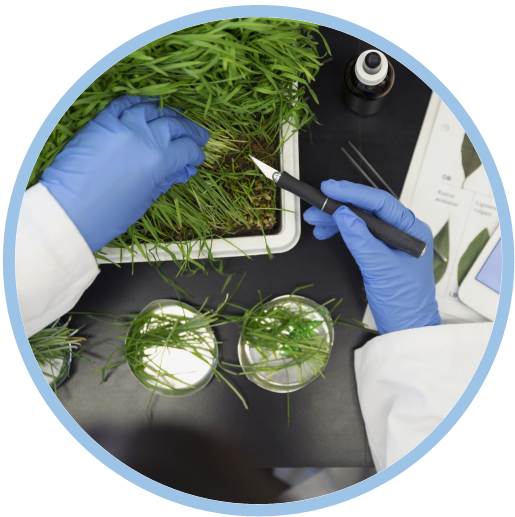The LEMONTREE project has organised a set of Working Groups to address particular themes and issues that the team are working on for a specified timeframe:

The Leaf Area Index Working Group (LAI WG) – Convened by Sandy Harrison (UREAD) and Colin Prentice (Imperial College).
PI’s and researchers from University of Reading, Imperial College and Tsinghua University along with core team members (Data Analyst and Software Scientist) are holding virtual meetings every fortnight.
Researchers are given the opportunity to raise specific data analysis or queries with the core team for discreet investigative work.
 EvapoTranspiration/ plant hydrology Working Group (ET WG) – Convened by Sandy Harrison (UREAD) and Colin Prentice (Imperial College).
EvapoTranspiration/ plant hydrology Working Group (ET WG) – Convened by Sandy Harrison (UREAD) and Colin Prentice (Imperial College).
Researchers from University of Reading, Imperial College, Tsinghua University, Columbia University and Pittsburgh University along with invited external researchers are holding virtual meetings every fortnight.

Remote Sensing Working Group – Convened by Youngryel Ryu, SNU and Pierre Gentine, Columbia.
Youngryel, Pierre and their teams want to develop long-term land products that can be used to test various optimality hypotheses and constrain the land-surface models.
At present, this WG gets together on an ad-hoc basis, mostly through email and some zoom meetings, with a view to maintaining the conversations on Slack when the additional team members arrive.

Experimental Working Group – Convened by Nick Smith (Texas Tech University)
The experimental working group is using observational and manipulative experiments to improve model reliability. These include experiments designed to test modelled processes and assumptions as well as those designed to improve model parameterizations in coordination with other working groups. Experiments will be conducted in the field, greenhouse, and controlled environment chambers.
| Researchers from Texas Tech and Utrecht University and invited external researchers are holding virtual meetings every fortnight. Meetings will be discussion based with a focus on experimental design and data analysis considerations. |
